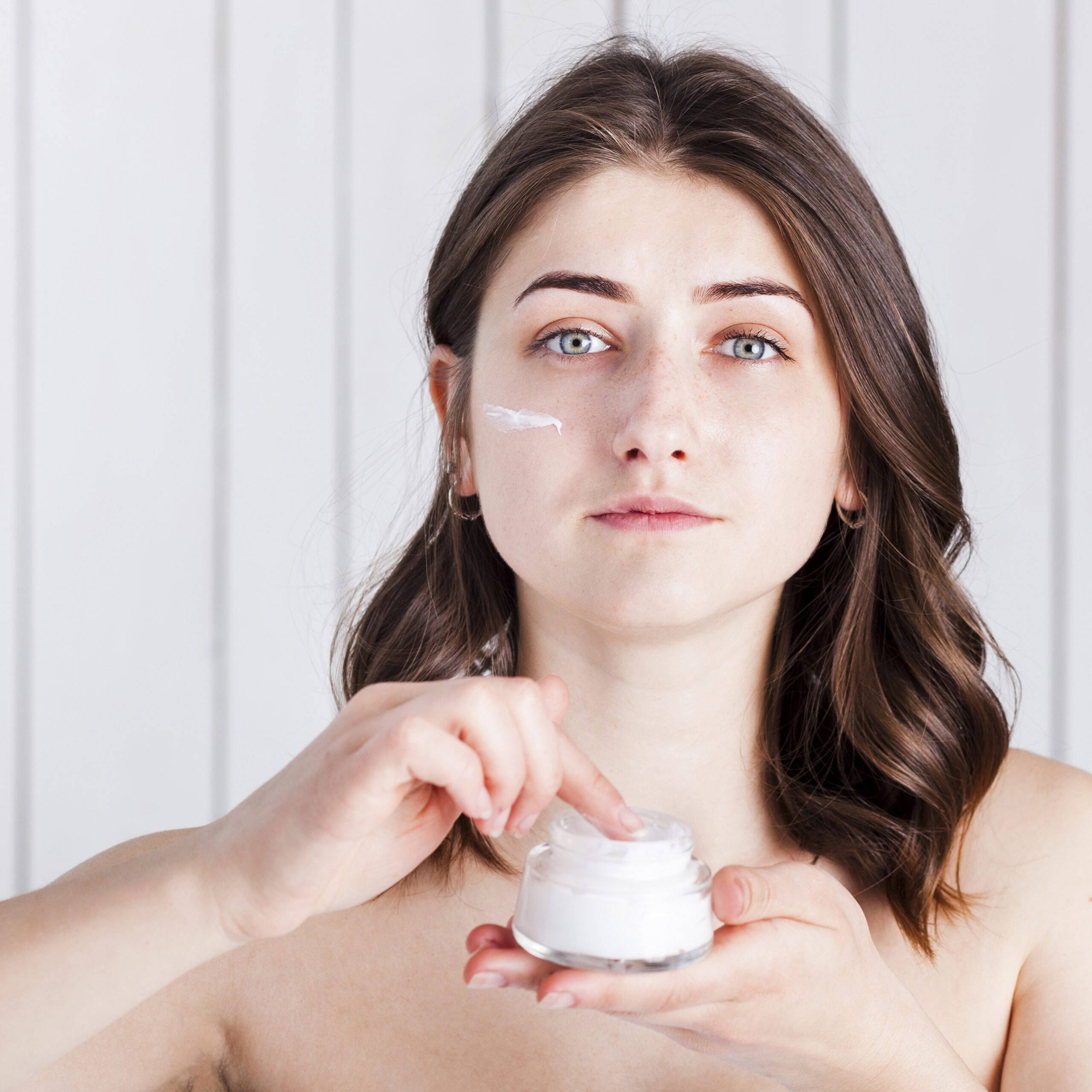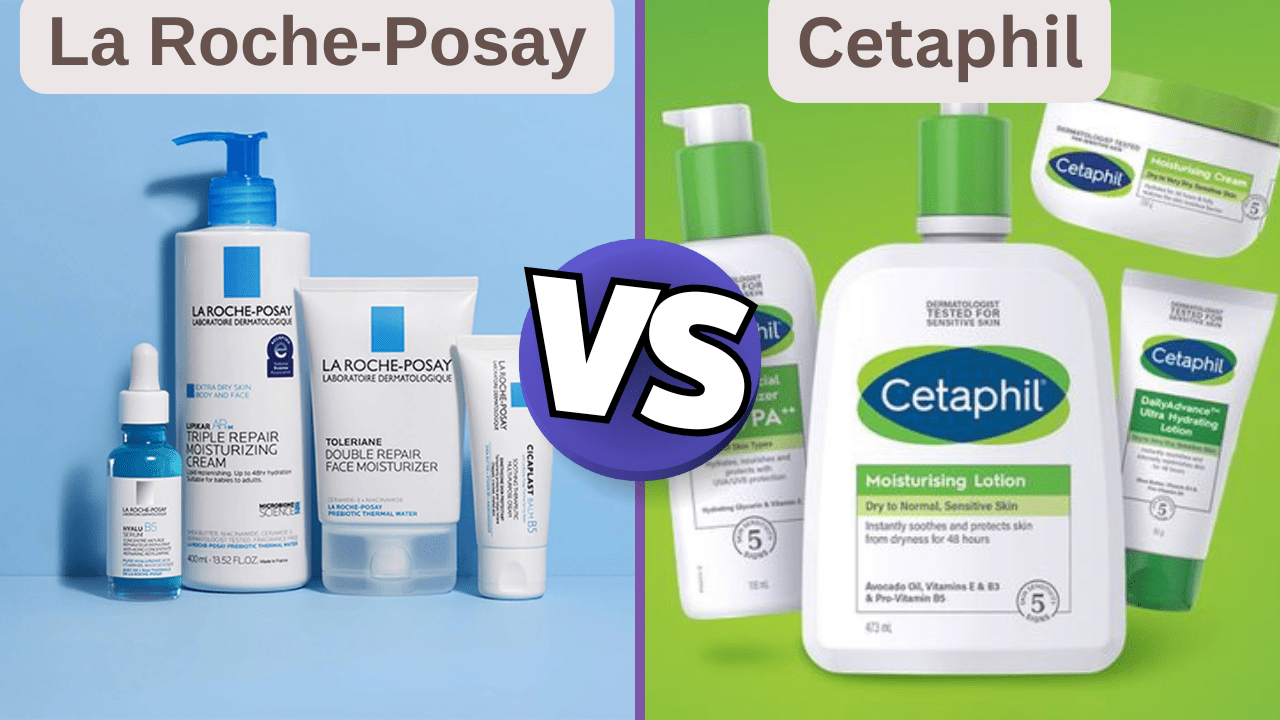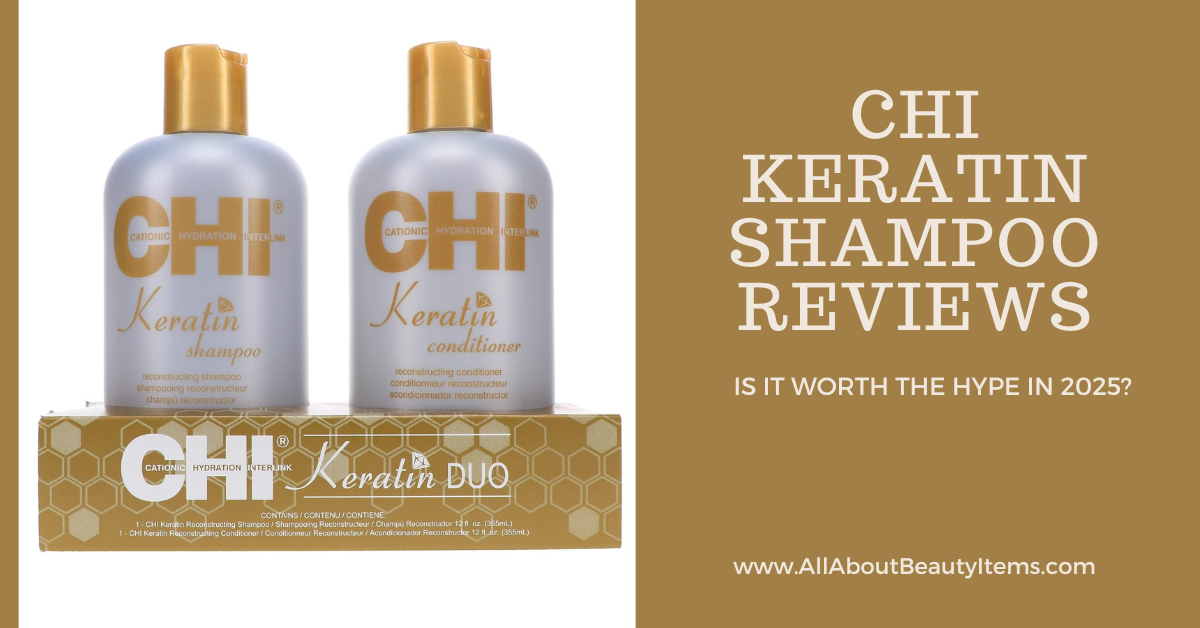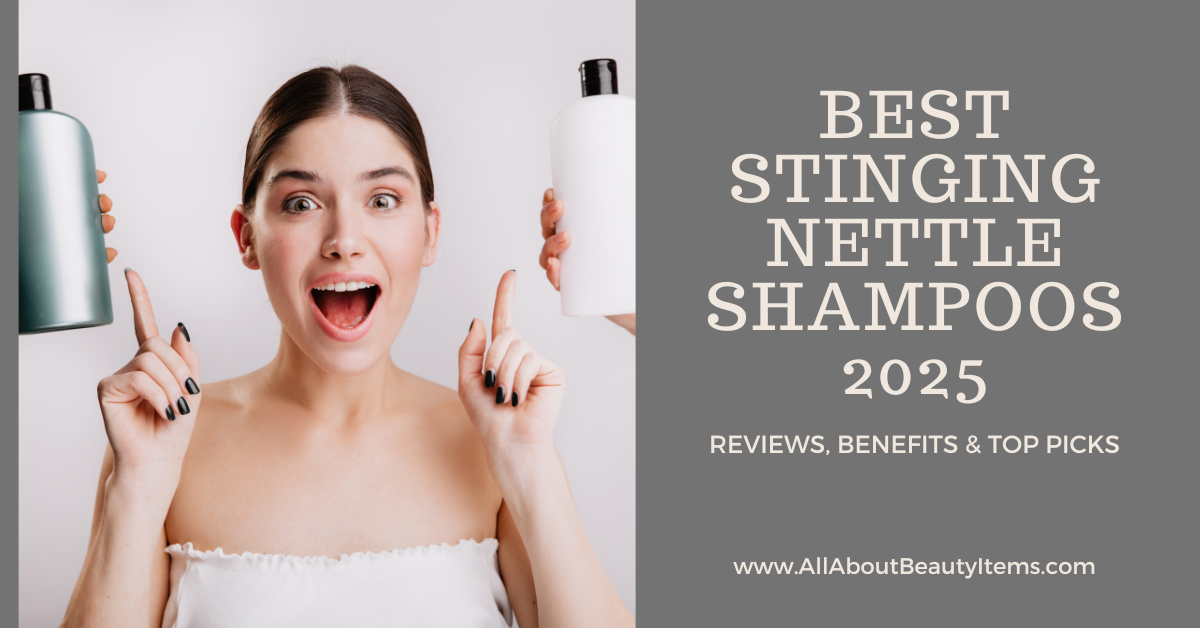Ever felt overwhelmed trying to pick the perfect skincare product? 🤔 You’re not alone! With so many brands claiming to be “the best,” choosing can feel like a never-ending battle. Today, we’re diving into the world of La Roche Posay vs Cetaphil—two skincare giants loved by millions.
Whether you’re looking to calm sensitive skin, keep dryness at bay, or just find a simple everyday routine, we’ve got you covered. So, let’s break it all down in plain, simple words!
Which is Better: La Roche Posay vs Cetaphil
When it comes to choosing between La Roche-Posay vs Cetaphil, it depends on your skin needs. La Roche-Posay is ideal if you have specific skin concerns like acne, rosacea, or very dry skin, as it offers advanced, dermatologist-recommended treatments. Its high-quality ingredients like niacinamide and thermal spring water make it perfect for targeted skincare.
On the other hand, Cetaphil is a more affordable, gentle option for everyday use, making it a great choice for people with sensitive or normal skin. It’s simple, effective, and perfect for those who prefer a no-fuss skincare routine.
So, if you need specialized treatment, La Roche-Posay is the better option, but for basic skincare, Cetaphil is a reliable choice.
La Roche-Posay vs Cetaphil: Brand Overview
About La Roche-Posay

La Roche-Posay is a French skincare brand with a global reputation for excellence. Founded in 1975, the brand is named after a small town in France famous for its thermal spring water. This water, rich in minerals and antioxidants, is the star ingredient in many of La Roche-Posay’s products.
The brand is all about innovation and precision, working closely with dermatologists to create formulas that target specific skin concerns. Whether you’re dealing with acne, rosacea, eczema, or aging skin, La Roche-Posay has a product designed to help. Their products often include cutting-edge ingredients like niacinamide, hyaluronic acid, and ceramides, paired with their signature thermal spring water to soothe and heal the skin.
La Roche-Posay’s tagline, “A better life for sensitive skin,” reflects its mission to improve the quality of life for people with delicate or problem-prone skin. While their products are more expensive compared to drugstore brands, their advanced formulations and dermatologist-backed results often justify the cost for many users.
About Cetaphil

Cetaphil is the skincare equivalent of a warm hug—simple, comforting, and reliable. This brand, established in 1947, has been a household name for decades, offering gentle and effective products that cater to sensitive skin. Unlike some brands that focus on fancy ingredients or luxurious packaging, Cetaphil keeps it straightforward with minimalistic formulas designed to cleanse, hydrate, and soothe.
Cetaphil’s products are especially popular among people with dry, sensitive, or allergy-prone skin because they’re fragrance-free, hypoallergenic, and dermatologist-tested. Their signature product, the Gentle Skin Cleanser, has achieved cult status for its ability to clean without stripping the skin’s natural moisture barrier.
What makes Cetaphil stand out is its affordability and accessibility. It’s a brand that provides high-quality skincare without breaking the bank. Whether you’re a skincare newbie or someone looking for a fuss-free routine, Cetaphil is a dependable choice that’s widely available at pharmacies, grocery stores, and online retailers worldwide.
Key Product Comparisons
When choosing between La Roche Posay vs Cetaphil, it’s essential to look at how their products perform in different categories. Both brands offer a wide range of skincare solutions, but their approach to formulation and the results they deliver can vary significantly. Let’s break down some of their most popular product types—cleansers, moisturizers, and sunscreens—to see how they compare.
1. Facial Cleansers

Cleansers are the first step in any skincare routine, and both brands have standout products in this category:
La Roche-Posay Toleriane Hydrating Gentle Cleanser: This cleanser is creamy, hydrating, and specifically designed for dry or sensitive skin. It contains ingredients like niacinamide and ceramides that help repair the skin barrier while cleansing. It’s perfect if your skin feels tight or irritated after washing.
Cetaphil Gentle Skin Cleanser: A classic choice for anyone with sensitive or normal skin. This non-foaming cleanser is fragrance-free and super mild, making it great for everyday use. It doesn’t strip the skin of its natural oils, leaving it soft and clean.
The Difference:
If you want a cleanser with extra hydration and skin barrier benefits, La Roche-Posay has an edge. For a simple, no-fuss option that gets the job done gently, Cetaphil is your go-to.
Recommended: Avene vs La Roche Posay: Which Skincare Brand Wins in 2025?
2. Moisturizers

A good moisturizer is a must to keep your skin soft and healthy, and here’s how the two brands compare:
La Roche-Posay Lipikar Balm AP+: This ultra-rich moisturizer is designed for very dry or eczema-prone skin. It’s packed with shea butter, niacinamide, and their signature thermal spring water to deeply hydrate and calm the skin. It’s especially helpful during winter or for those with persistent dryness.
Cetaphil Moisturizing Cream: Known for being lightweight and effective, this cream is great for everyday use. It absorbs quickly and keeps the skin hydrated without feeling greasy. Perfect for people with dry, sensitive, or normal skin.
The Difference:
La Roche-Posay’s moisturizer is ideal for severe dryness or skin conditions that need extra care, while Cetaphil offers a more affordable option for general hydration.
3. Sunscreens

Sunscreen is a non-negotiable step in your routine, and here’s how both brands perform:
La Roche-Posay Anthelios Melt-in Milk Sunscreen: This sunscreen offers high SPF protection with a lightweight, non-greasy finish. It’s water-resistant, making it a great choice for outdoor activities. Plus, it’s enriched with antioxidants to provide extra protection against environmental damage.
Cetaphil Daily Facial Moisturizer with SPF 15: A 2-in-1 product that combines lightweight hydration with basic sun protection. It’s perfect for quick, everyday use when you’re not spending too much time in the sun.
The Difference:
La Roche-Posay’s sunscreen is ideal for long sun exposure or those who want advanced protection, while Cetaphil’s SPF moisturizer is a budget-friendly choice for daily, casual use.
4. Additional Products
Both brands also offer other skincare staples:
- La Roche-Posay has targeted treatments like serums, spot correctors, and anti-aging products.
- Cetaphil provides simple solutions like body lotions, baby skincare, and soothing creams for dry skin.
Recommended: Paula’s Choice vs The Ordinary: Affordable vs Premium Skincare
Key Ingredients and Benefits
The magic of any skincare product lies in its ingredients. Both La Roche-Posay and Cetaphil use carefully selected ingredients to deliver safe and effective results. However, their ingredient choices reflect their unique philosophies—La Roche-Posay focuses on advanced science, while Cetaphil emphasizes simplicity. Let’s dive into their key ingredients and the benefits they bring to your skin.
Key Ingredients in La Roche-Posay Products
La Roche-Posay is all about combining dermatological expertise with high-performance ingredients. Here are some of the standout ingredients commonly found in their products:
1. Thermal Spring Water
- This signature ingredient is rich in minerals and antioxidants, known for its soothing and healing properties. It helps calm irritated or sensitive skin and supports the skin’s natural barrier.
- Found in products like the Toleriane line and their facial mists.
2. Niacinamide (Vitamin B3)
- A multitasking ingredient that reduces redness, strengthens the skin barrier, and improves uneven skin tone.
- It’s great for sensitive or acne-prone skin and is included in moisturizers and serums.
3. Ceramides
- These are essential fats that help repair and strengthen the skin barrier, keeping your skin hydrated and healthy.
- Found in their moisturizers, especially in the Lipikar line.
4. Hyaluronic Acid
- A powerful hydrator that attracts and retains moisture, making your skin look plump and smooth.
- Commonly found in their hydrating serums and creams.
5. Salicylic Acid
- A key ingredient for fighting acne, this exfoliates deep into pores to clear up breakouts and prevent new ones.
- Found in their Effaclar line for oily and acne-prone skin.
Key Ingredients in Cetaphil Products
Cetaphil takes a minimalist approach with its ingredients, focusing on gentle, hypoallergenic formulas suitable for sensitive skin. Here are some of the key ingredients:
1. Glycerin
- A humectant that draws water into the skin, providing long-lasting hydration without irritation.
- Found in almost all Cetaphil products, from cleansers to moisturizers.
2. Vitamin E
- A soothing antioxidant that helps protect the skin from environmental damage while keeping it soft and smooth.
- Found in their moisturizing creams and lotions.
3. Panthenol (Pro-vitamin B5)
- A calming and hydrating ingredient that helps repair the skin barrier and reduce dryness or irritation.
- Often included in their gentle moisturizers and baby products.
4. Petrolatum
- An effective occlusive that locks in moisture and prevents dryness, especially useful for very dry or sensitive skin.
- Found in their Moisturizing Cream for intensive hydration.
5. Zinc
- Known for its soothing and anti-inflammatory properties, zinc is ideal for calming sensitive or acne-prone skin.
- Included in some of their specialty products like sunscreens.
Which Brand’s Ingredients Are Right for You?
- If you’re looking for sophisticated formulations that tackle specific skin issues, go for La Roche-Posay. Their products are designed for people who need more than just basic skincare.
- If you prefer simple, gentle products that work for the whole family, Cetaphil is a dependable option.
Both brands prioritize skin health, but their ingredient choices mean you can pick what works best based on your needs and concerns.
Recommended: Cetaphil Vs Aquaphor: What’s the Right Pick for You?
Skin Type Suitability: La Roche-Posay Vs Cetaphil
Choosing the right skincare product often depends on your skin type. Let’s explore how La Roche-Posay and Cetaphil cater to different skin types.
Which Brand is Better for Sensitive Skin?
Both brands are excellent choices for sensitive skin, but they approach it differently:
La Roche-Posay: This brand shines in addressing specific sensitive skin conditions like rosacea, eczema, or extreme dryness. Their products often include soothing ingredients like niacinamide and their signature thermal spring water, which calm irritation and promote healing.
Cetaphil: Known for its gentle, hypoallergenic formulations, Cetaphil is a no-frills option that works well for daily care. If your sensitive skin doesn’t have complex needs, Cetaphil’s cleansers and moisturizers are safe, affordable, and effective.
Verdict: If your sensitive skin requires specialized care, go with La Roche-Posay. For everyday, budget-friendly sensitive skin products, Cetaphil is the better pick.
Which is Better for Oily or Dry Skin?
For Oily Skin:
Cetaphil: Lightweight and non-comedogenic, Cetaphil’s cleansers and moisturizers work well for oily skin without clogging pores. Their Gentle Foaming Cleanser is especially great for keeping oil under control.
La Roche-Posay: The Effaclar line is specifically designed for oily and acne-prone skin. With ingredients like salicylic acid and zinc, their products can target breakouts and reduce shine effectively.
Winner: Cetaphil for everyday oily skin care; La Roche-Posay for acne-prone oily skin.
For Dry Skin:
La Roche-Posay: Products like the Lipikar Balm AP+ and Toleriane Ultra are deeply hydrating, providing long-lasting moisture and relief for dry or very dry skin.
Cetaphil: Their Moisturizing Cream and Daily Hydrating Lotion offer lightweight hydration but might not be enough for severely dry skin.
Winner: La Roche-Posay for intense hydration; Cetaphil for mild dryness.
Recommended: Obagi vs Skinceuticals: Skincare Showdown for Radiant Skin
Pros and Cons: La Roche Posay vs Cetaphil
| Aspect | La Roche-Posay | Cetaphil |
|---|---|---|
| Pros | – Dermatologist-recommended for specific conditions like rosacea, acne, and eczema. | – Affordable and widely available at drugstores. |
| – High-quality, science-backed ingredients like niacinamide, ceramides, and thermal spring water. | – Gentle, hypoallergenic, and safe for sensitive skin. | |
| – Offers targeted solutions for various skin types and concerns. | – Simple, no-frills formulas for everyday skincare. | |
| – Advanced formulations for aging, acne-prone, and very dry skin. | – Non-comedogenic and lightweight, great for oily and combination skin. | |
| – Luxurious textures and premium feel. | – Trusted by dermatologists for basic skincare needs. | |
| Cons | – More expensive compared to drugstore brands like Cetaphil. | – May not address complex skin concerns like acne or severe dryness as effectively. |
| – Some products might be too rich for very oily skin. | – Minimalist formulations may lack advanced, targeted ingredients. | |
| – Limited availability in some areas compared to Cetaphil. | – Hydration levels may not be sufficient for extremely dry or compromised skin. | |
| – Lacks premium textures and luxurious feel. |
Price Comparison
When it comes to cost, Cetaphil is the more budget-friendly brand. Their products are widely available at drugstores and provide great value for everyday skincare.
La Roche-Posay, on the other hand, is pricier due to its high-performance formulations and specialized ingredients. While you pay more, the quality often justifies the cost, especially if you have specific skin concerns.
Verdict:
- For affordability and accessibility, go with Cetaphil.
- For premium, dermatologist-grade skincare, La Roche-Posay is worth the investment.
Dermatologist Recommendations
Both brands are dermatologist-approved, but they cater to slightly different needs:
La Roche-Posay: Frequently recommended by dermatologists for people dealing with serious skin issues like acne, rosacea, or eczema. Their science-backed formulations and clinical results make them a trusted choice in dermatology offices.
Cetaphil: Often recommended as a gentle, everyday option for maintaining healthy skin. Dermatologists suggest Cetaphil for people with sensitive or normal skin looking for an affordable, reliable routine.
Both brands are trusted and effective—it all comes down to what your skin needs!
You May Also Like: SkinMedica vs SkinCeuticals: Your Guide to Healthy, Beautiful Skin
Tabular Comparison: La Roche Posay vs Cetaphil
| Category | La Roche-Posay | Cetaphil |
|---|---|---|
| Brand Focus | Dermatologist-tested, science-backed solutions for specific skin concerns like acne, rosacea, eczema. | Simple, gentle, everyday skincare for sensitive skin. |
| Key Ingredients | Thermal spring water, niacinamide, ceramides, hyaluronic acid, salicylic acid. | Glycerin, Vitamin E, panthenol, petrolatum, zinc. |
| Best For | Sensitive, acne-prone, aging, and dry skin; specific conditions like rosacea or eczema. | Sensitive, normal, and dry skin; everyday basic skincare. |
| Skin Type Suitability | Works for oily, dry, sensitive, and acne-prone skin. | Great for sensitive, normal, and dry skin. |
| Price Range | Higher-end, premium pricing. | Affordable, budget-friendly. |
| Product Range | Specialized treatments, cleansers, moisturizers, serums, sunscreens. | Cleansers, moisturizers, baby care, body care. |
| Hydration | Deep hydration for dry and very dry skin, barrier repair. | Mild hydration, good for mild dryness. |
| Sunscreens | Advanced SPF protection with antioxidants. | Basic daily SPF options. |
| Texture | Luxurious, rich, creamy textures. | Lightweight, non-greasy. |
| Dermatologist Recommendation | Highly recommended for specific skin issues and treatments. | Widely recommended for basic skincare and sensitive skin care. |
| Availability | Available in select drugstores and online. | Available in most drugstores and online. |
Which Products Should You Choose?
The right choice between La Roche Posay vs Cetaphil depends on your specific needs:
- If you have a specific skin concern, such as eczema, acne, or sensitivity, La Roche-Posay offers more targeted solutions.
- If you’re looking for an affordable and gentle daily routine, Cetaphil is a fantastic option.
By understanding how their products perform, you can build a skincare routine that’s perfect for your skin!
Final Words
When choosing between La Roche-Posay vs Cetaphil, both brands offer great options depending on your skin’s needs. If you’re dealing with specific skin concerns like acne, rosacea, or dryness, La Roche-Posay is the way to go with its targeted, dermatologist-approved solutions.
However, if you’re looking for a gentle, everyday skincare routine that won’t break the bank, Cetaphil is a reliable, budget-friendly option. Ultimately, your choice comes down to what your skin needs—whether it’s specialized treatment or simple, effective care.
Want to find the perfect fit for your skin? Try out both and see which works best for you!

Tara loves everything natural and holistic when it comes to beauty. She’s passionate about DIY remedies, clean beauty products, and helping you glow—inside and out.






Leave a Reply